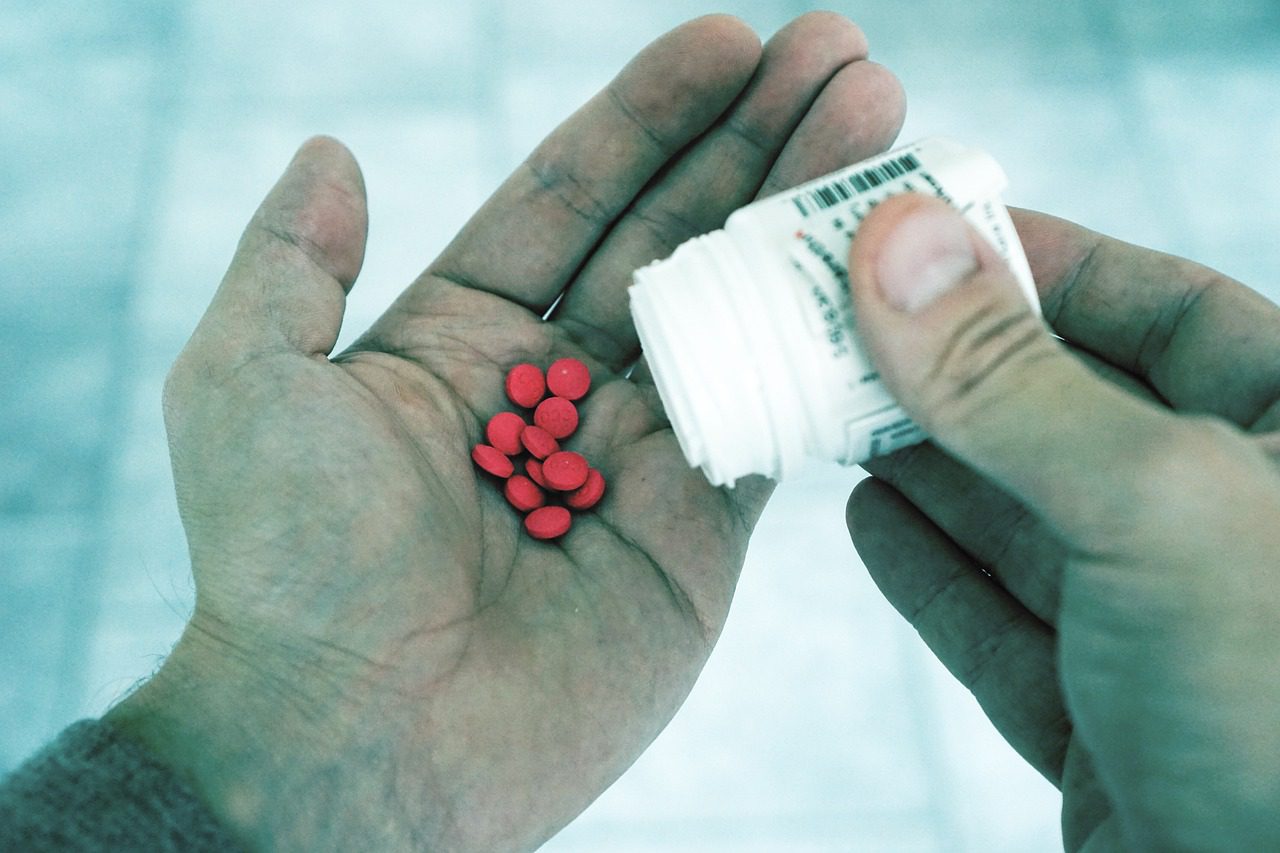Lauren was furious. Her husband had another setback and was using opioids again. She was ready to walk out on him. “It’s his choice to use again. No one forced him to take those pills. He’s an addict because he chooses to use drugs. Don’t tell me it’s a disease. He started. He can stop.”
Does this sound familiar? Is there someone in your life who is struggling with addiction, and you find yourself thinking they’ve brought it upon themselves? It’s easy to believe addiction is simply a matter of choice and willpower, but the truth is far more complex. Addiction is not just about choice—it’s a disease.
I know this personally as I watched a love one refuse to admit his lack of control over this disease and get the needed help. Today would have been his birthday.
Why Addiction Isn’t Just a Choice
Some people are more prone to addiction than others, and the reasons are not just about willpower. Genetics, mental health, personality traits, and environment all play a role. Addiction often begins with a conscious decision to try something, but for many, it quickly shifts from use to dependence, and before they know it, they’re trapped in a cycle they can’t escape from on their own.
The Brain’s Role in Addiction
Addiction isn’t just a mental battle—it’s deeply biological. With repeated substance use, the brain undergoes changes that make it harder to stop. Drugs, like opioids, affect the brain’s reward system by triggering a release of dopamine, which is the brain’s “feel-good” chemical. This rush of euphoria reinforces the desire to continue using the drug. But over time, the brain becomes less responsive to the drug, requiring more of it to feel the same effects. The initial pleasure fades, and what was once a source of enjoyment becomes a need to avoid discomfort.
Additionally, the brain’s prefrontal cortex, responsible for decision-making, is damaged with repeated drug use. When this area isn’t functioning properly, people struggle to see the negative consequences of their actions. This makes it harder for someone to simply “will” their way out of addiction.
Addiction Is Not a Moral Failure
Because of these brain changes, addiction is no longer seen as just a failure of will or character. It’s a chronic, relapsing disease that requires treatment and support. People often turn to drugs to cope with pain, stress, or emotions, and though it may start to feel better or escape, it quickly spirals into a loss of control. Eventually, addiction takes a heavy toll—on relationships, jobs, health, and more.
The Road to Recovery
If someone you love is struggling with addiction, it’s important to remember that they need help, not judgment. The addicted person must admit powerlessness to the disease and want to change. Recovery is a long, difficult journey that often requires support from loved ones and professional help. Programs like Alcoholics Anonymous, Narcotics Anonymous, and Celebrate Recovery offer essential support, providing a nonjudgmental, compassionate community that helps people navigate the path to sobriety.
Above all, faith is a powerful part of recovery. Surrendering control, trusting in God’s plan, and staying humble can guide someone through the challenging process of healing and self-discovery. God can transform lives. This brings hope to even the most hopeless.
Addiction is a disease, but with the right support and motivation to change, people can reclaim their lives and find hope again.



